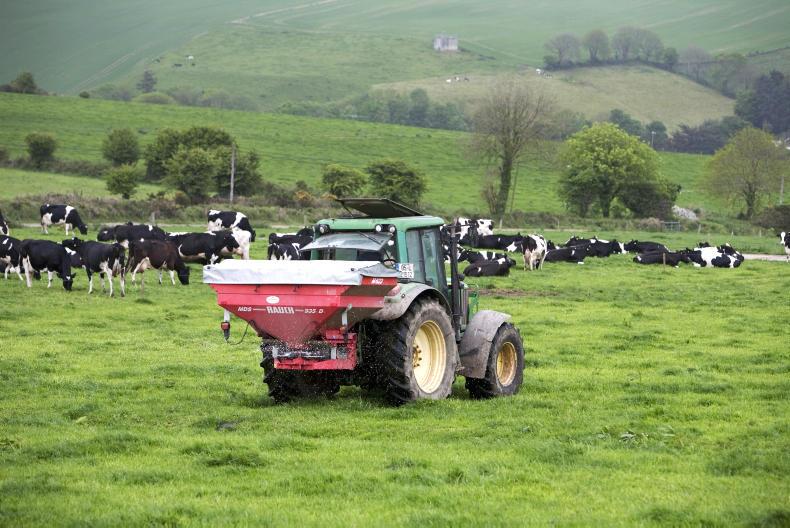Reports from Brussels at the end of this week suggest that the EU Commission is finalising a draft offer for circulation to member states next week. It is believed this will include tariff rate quotas (TRQs) for sensitive farm products such as beef, which will cause alarm among farmers across Europe, particularly beef producers. There is a technical meeting on April 12 where trade experts will have an opportunity to discuss the draft and comments will be accepted up until April 21st. That leaves a couple of weeks to finalise the offer with a bilateral exchange of offers between the EU and Mercosur expected by the early May.
Meetings
Meanwhile, next week EU Trade Commissioner, Cecilia Malmström, will meet Uruguay’s Foreign Affairs Minister Rodolfo Nin Novoa who is the current Mercosur chair. This had previously been indicated by President Marci of Argentina as the occasion when Mercosur would make its offer but according to officials in Brussels the meeting will be “part of the ongoing preparatory work for the exchange of offers”.
Agricultural concerns had been raised at the EU Trade Policy Committee (TPC) on March 16 with a call for an updated study on the possible impact on agriculture before any EU offer is made. This was done previously in advance of the 2004 offer. The possibility of a Mercosur deal is high on the Department’s risk register as Ireland is the EU country with most to lose in a deal.
French agriculture is also seriously opposed but in the case of France they have huge trade interests in South America so the French agricultural lobby has a job to do internally, never mind in the EU.
Farmer and Industry reaction
EU farmer representatives are concerned and just this week the IFA issued a statement outlining its concerns over a possible deal. They called on Commissioner Phil Hogan to urgently intervene and prevent an exchange of offers on a trade deal between the EU and the Mercosur countries of South America.
UECBV, the EU industry trade association, has written to Commissioners Hogan and Malmstrom supportive in principle but with strong conditions, including that they are balanced in terms of offensive and defensive interests, they respect the sensitivities in the livestock sector, and they contribute to eliminating trade barriers (eg, SPS obstacles, where countries use “sanitary and phytosanitary measures” to effectively block trade).
They’re also concerned that while Mercousr countries get access to the entire EU, the arrangement isn’t reciprocated and entry to one Merocsur country doesn’t give access to all.












SHARING OPTIONS